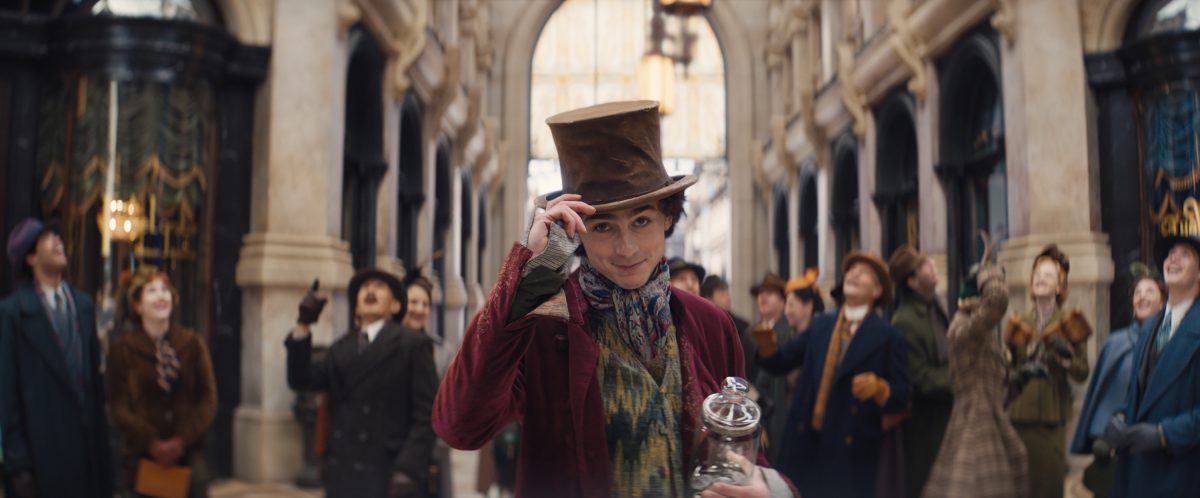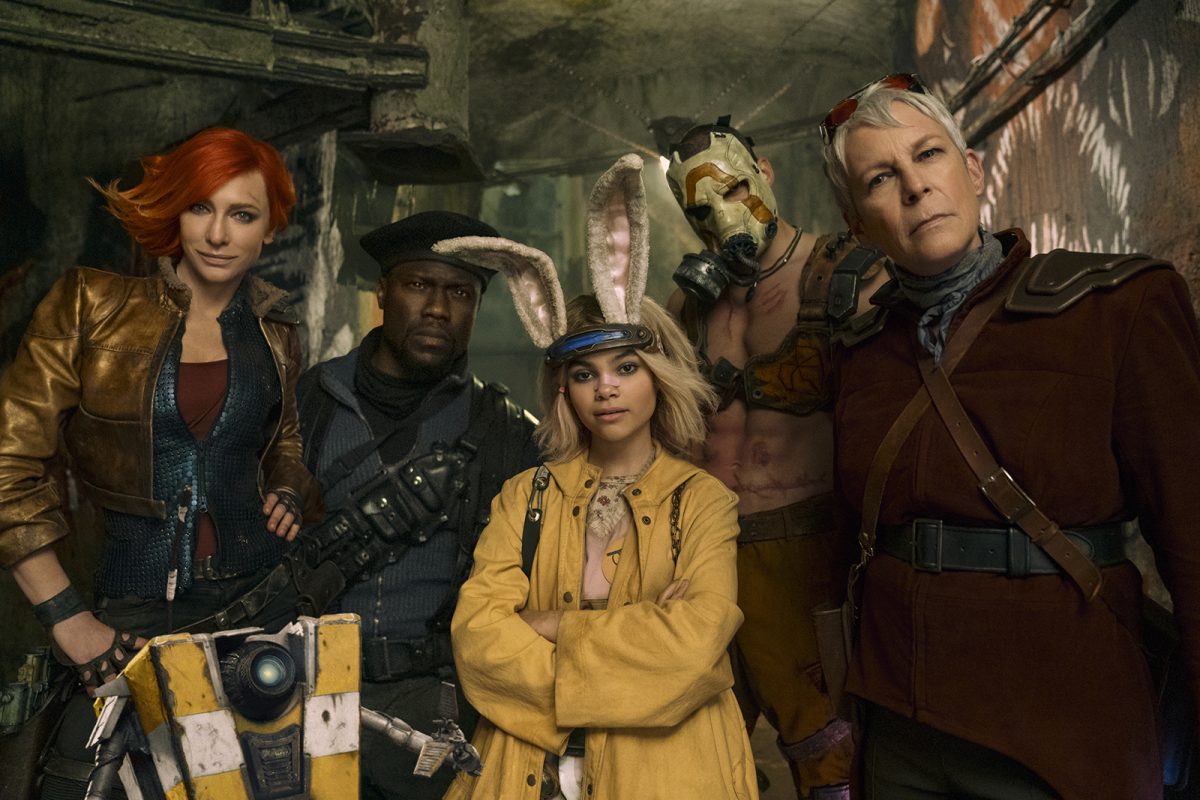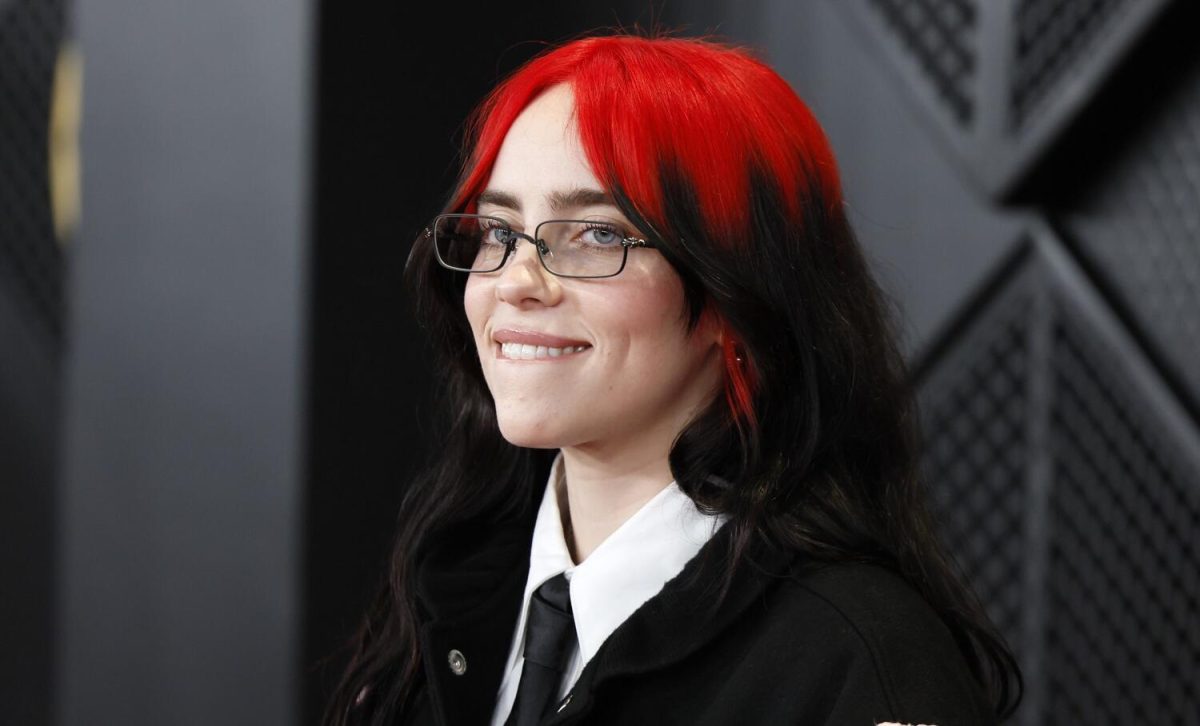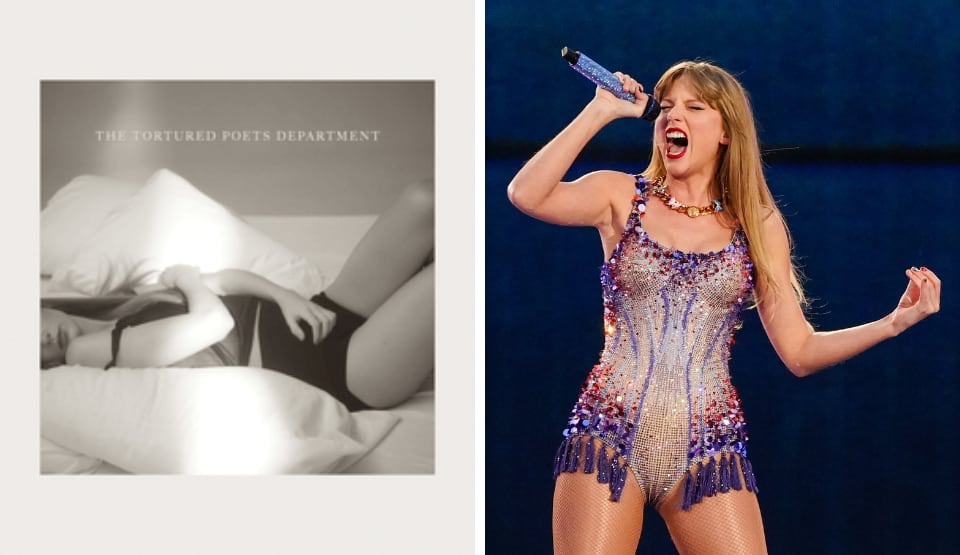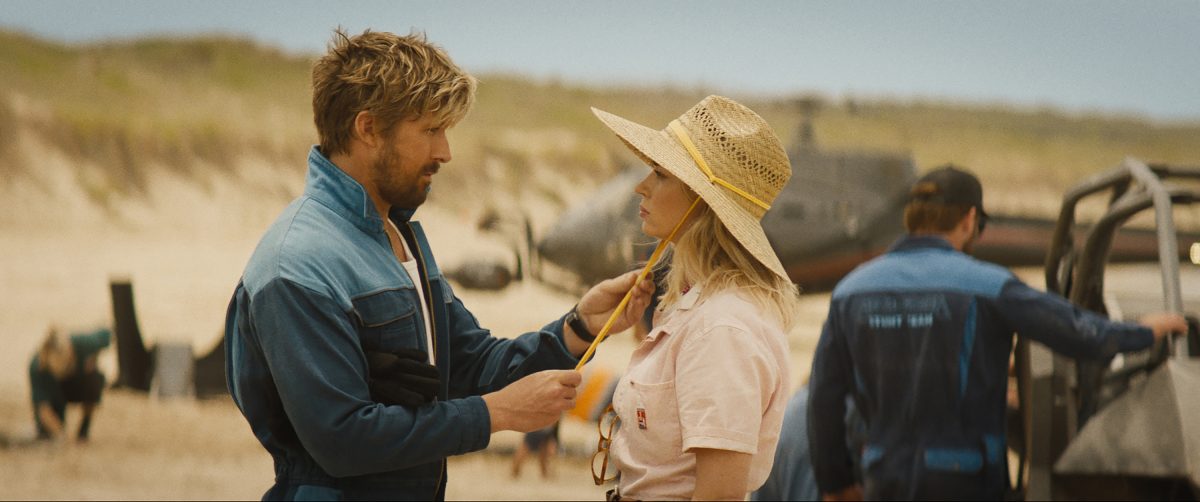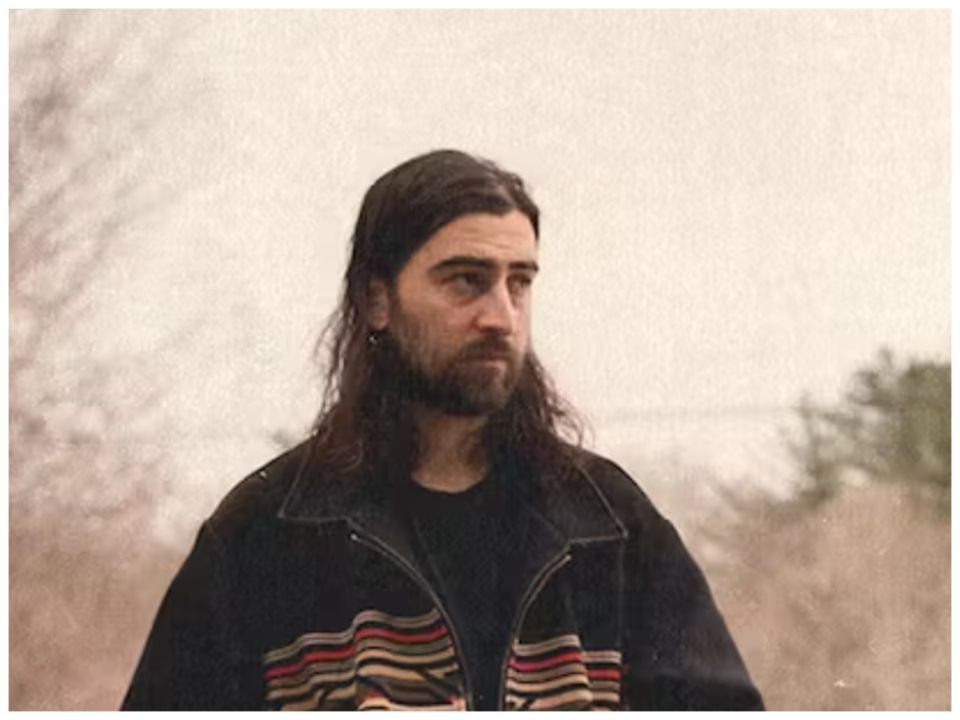The movie “Wonka,” a prequel to the 1971 film “Willy Wonka & the Chocolate Factory,” came out on Dec. 15, 2023. This new film served as an origin story for the character Willy Wonka and has received positive reviews from critics. While the movie was beautifully made, it featured a rushed plot and a portrayal of Wonka that greatly contrasted his depiction in the 1971 film.
The musical fantasy starred actor Timothée Chalamet as Willy Wonka. Director Paul King selected Chalamet to play the part with no audition after King viewed his high school performances on YouTube, which showed the actor’s singing and dancing skills.
Unfortunately, Chalamet was seemingly miscast when comparing Wonka in the 1971 film. He portrayed a very innocent and lighthearted version of Wonka, which is more comparable to the character in the Roald Dahl novel, “Charlie and the Chocolate Factory.” This is in complete opposition to Gene Wilder’s infamously cynical version of Wonka.
“Wonka” opens with the song “A Hatful of Dreams,” as Wonka, an aspiring magician and chocolatier, arrives in a European city to fulfill his dream of opening a chocolate shop. One of the most unique aspects of this movie is its musical theater style. This particular song encapsulated Wonka’s ambitious and optimistic nature.
Wonka burned through his savings within a day of arriving in the city, though, and found himself in a laundry shop looking for a place to stay. The laundry shop’s owners, played by Olivia Colman and Tom Davis, overcharged him for his stay, leaving Wonka forced to work at the shop for 10,000 days in order to repay his debt.
From that point, the movie followed a “prison break” plotline, in which Wonka hatched a plan to leave the laundromat and finally begin selling his chocolates. He works alongside others trapped and indebted to the laundromat owners, including Noodle played by Calah Lane, Abacus played by Jim Carter, Piper played by Natasha Rothwell, Larry played by Rich Fulcher and Lottie played by Rakhee Thakrar. The group eventually escapes and the five help Wonka sell his chocolates to pay off their debts.
This action-packed and complex storyline was overwhelming for the viewing experience. So much happened in such a short amount of time that some parts of the film felt clearly rushed. During the scenes in which Wonka was trying to escape the laundromat with his group, he came up with a detailed plan and carried it out almost instantaneously, making what could have been a more intriguing part of the movie quite forgettable.
Eventually, Wonka reveals that his love for chocolate came from his mother, who introduced him to it. When he lived in poverty as a child, his mother would make him one chocolate bar on his birthday, which inspired his dreams of becoming a chocolatier. Her promise to be there when he was able to share his chocolate with the world fueled him to continue his pursuit of creating his own chocolate shop.
The reference to his mother was heartwarming and provided a nice contrast to Wonka’s complicated relationship with his father in the movie “Charlie and the Chocolate Factory,” another film that featured an adult version of Wonka, which was portrayed by Johnny Depp. It gave viewers a delightful insight into the reason Wonka worked as hard as he did to make his dreams come true.
In time, Wonka’s group earns enough money to open his dream chocolate shop. However, a prominent and corrupt chocolate cartel—led by Arthur Slugworth, played by Paterson Joseph—convinces Wonka to leave town and stop making chocolate. The cartel also bribes the chief of police, played by Keegan Michael-Key, to help force Wonka to leave town.
A sullen Wonka later came across an oompa loompa named Lofty, played by Hugh Grant, and caught him in the act of stealing his chocolate. Aside from his attempt at chocolate theft, Lofty motivated Wonka to return to the city and fight back against the cartel.
“Wonka” had enchanting cinematography, camera work and special effects, especially in the high-action scenes during the film’s exposé. Every light, design choice and camera movement in the movie felt precisely considered. This contributed to a highly satisfying cinematic experience.
The movie ended with Wonka unwrapping the final chocolate bar his mother made him, which contained a golden ticket inside inscribed with the message, “It’s not the chocolate that matters. It’s the people you share it with.”
The golden ticket inside his mother’s chocolate bar explains Wonka’s inspiration for later sending out golden tickets to five lucky children. This detail connected “Wonka” to its preceding movies in a delightful and interesting way. By the end of the movie, Wonka and Lofty also make amends and Wonka even offers Lofty a job, marking the beginning of his work alongside oompa loompas.
Fans of the franchise might also pick up on the references to the 1971 film. Wilder’s Willy Wonka used the phrase “Good day, sir!” when he found out Grandpa Joe and Charlie stole his Fizzy Lifting Drinks. Lofty used this same line in the movie when he said goodbye to Wonka. Slugworth, one of Wonka’s rival candymakers, was also mentioned in the 1971 movie.
Lofty’s green hair and orange skin mimicked those of the oompa loompa characters that appeared in “Willy Wonka & the Chocolate Factory” as well. Furthermore, “Wonka” put its own twist on the classic hit songs that were featured in its senior film, including “Pure Imagination” and “Oompa Loompa.”
This movie beautifully portrays the passion one can have for their craft. One does not have to make chocolate to be able to relate to Wonka. Viewers can feel Wonka’s passion for what he does and attribute it to anything they are passionate about.
Overall, “Wonka” presented a fresh point of view to the established narrative of Willy Wonka by illustrating an elaborate origin story for the beloved character. Nevertheless, it did not match its previous films in terms of solid acting or overall intrigue. Still, it does serve to inspire people, young and old, to follow their dreams and hold on to hope for the future.

